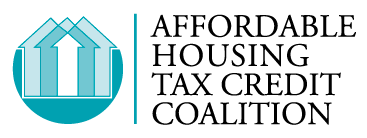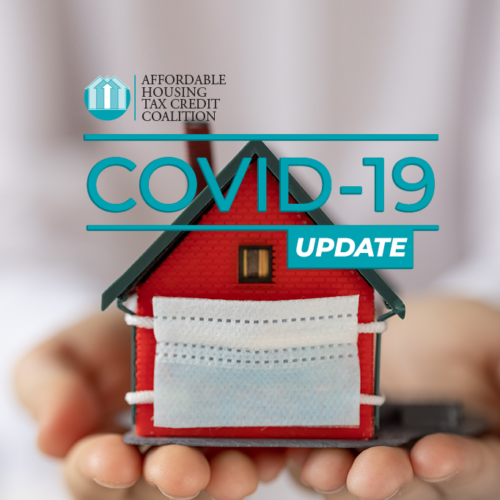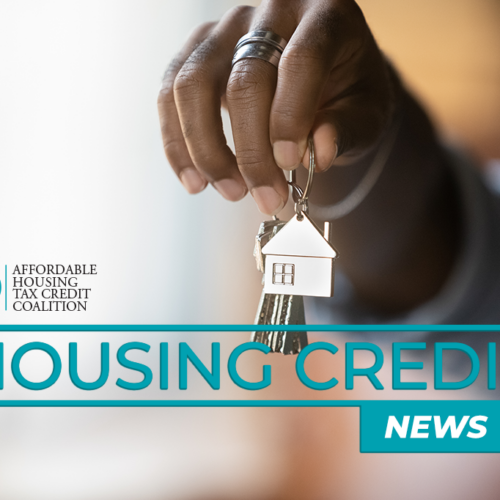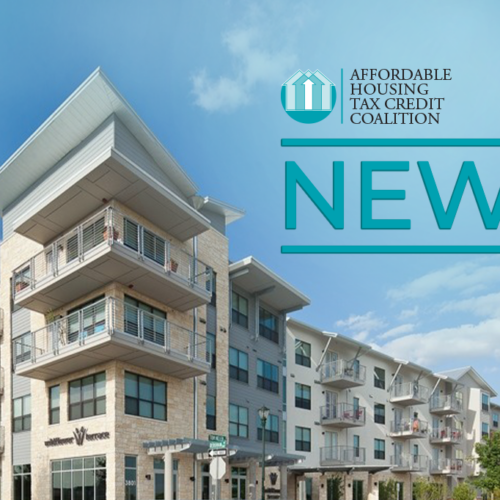Prior to the COVID-19 crisis, over 10.5 million households spent more than half of their income on rent. Today, millions of workers have lost their livelihoods or had their wages reduced due to the crisis, and many impacted renters are likely to become housing cost-burdened if they were not already. As the affordable housing shortage continues to grow, the Low-Income Housing Tax Credit (Housing Credit) will be needed more than ever.
Unfortunately, the COVID-19 crisis has brought on serious barriers and challenges that, without policy solutions, put our affordable housing system at risk by threatening the immediate development and operation of Housing Credit properties. These barriers include the precipitous drop of the 4 percent Housing Credit rate, which in response to the crisis was set to a minimum 4 percent rate beginning in 2021. Additional barriers include construction labor shortages and delays that increase development costs; the unavailability of gap financing due to the cost of the COVID-19 crisis to state and local governments; financial penalties for missed development deadlines; market instability that can increase costs and decreases Housing Credit equity; increased operating expenses compounded by decreased rent payments; and other unforeseen obstacles.
To provide both immediate emergency relief and to assist in the future economic recovery, the AHTCC is advocating for the following policies as part of COVID-19 response legislation:





